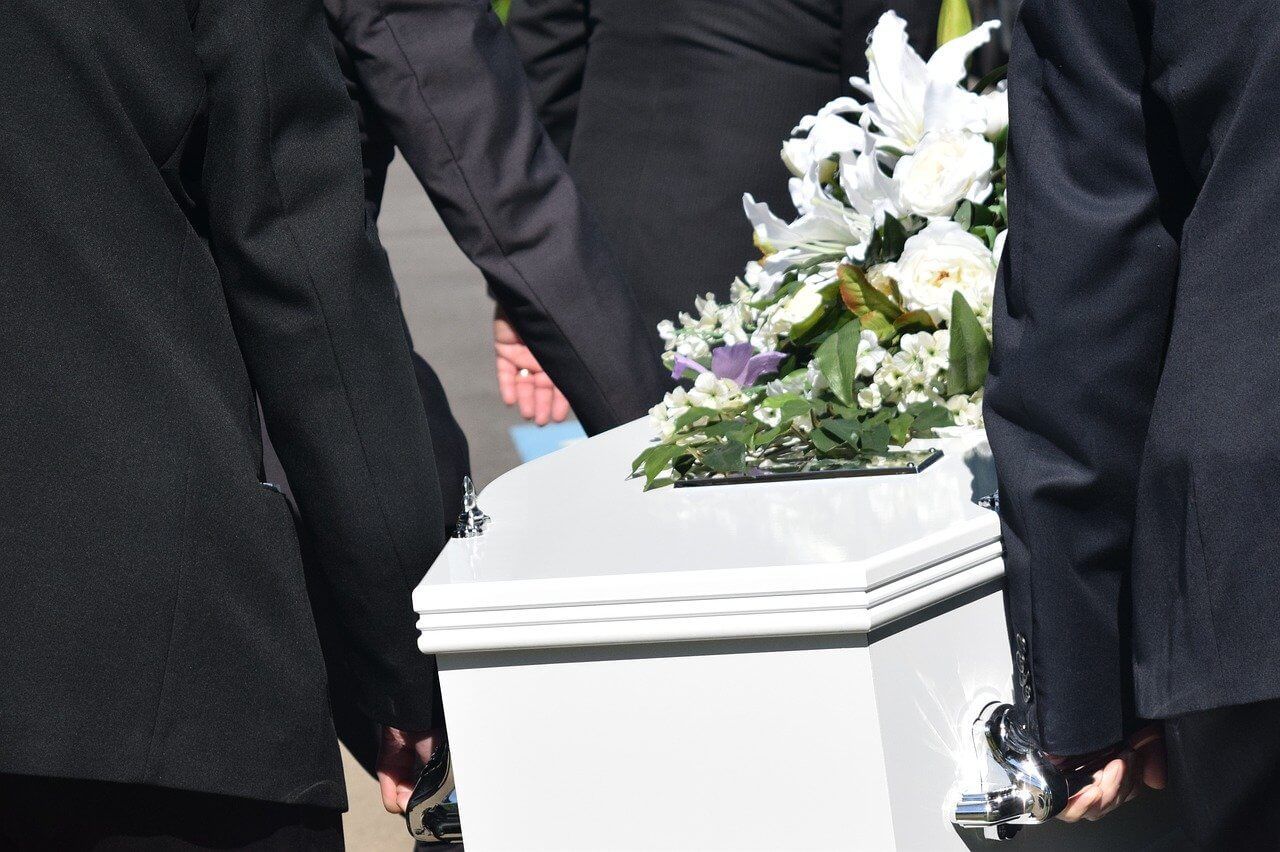Our Funeral Costs
Funeral Services & Pricing
Green Burial
$3,750.00
Direct Cremation
$2,500.00
Immediate Burial
$3,700.00
For an Itemized List of Our Funeral Costs - Download Our General Price List Below
What Factors Impact Funeral Expenses?
There are many contributing factors that impact funeral costs, the merchandise selected, the types of services, and much more. We review the top two contributors to funeral expenses below.
Merchandise
Though there are many types of caskets, urns, and memorial jewelry to suit any budget and taste, merchandise is one of the most significant contributing factors to funeral expenses. According to the National Funeral Directors Association (NFDA), the national median price for a metal burial casket in 2019 is $2,500, with a wood burial casket coming in at $3,000, a cremation casket at $1,200, and an urn at $295. Though you would not purchase all of these for the same funeral arrangement, it's easy to see where funeral costs can quickly rise after purchasing one or two of these items. Another important consideration is a burial vault that will be required if the final disposition is burial and any memorial jewelry that will be purchased as well.
Type of Service
The type of service chosen to pay tribute can also play a big part in determining the total funeral costs. For example, a traditional funeral service with one or multiple visitations and maybe a reception after will require much more resources and staff time than a celebration of life, memorial service, or even a simple graveside service.
Burial or Cremation?
Traditional Burial: This classic choice includes buying a burial plot, a casket, and a headstone. You'll also need to consider fees for grave opening and closing, as well as costs for a viewing, funeral service, and transportation to the cemetery. While these factors can make traditional burials pricier than cremations, many families appreciate the sense of tradition and closure they provide.
Cremation: Cremation might be the way to go if you're looking for a more budget-friendly option. It skips the need for a burial plot, casket, and headstone, which helps save money. Remember, you'll still have costs for the cremation itself and an urn or container for the ashes. Plus, there will be extra expenses if you choose to have a memorial service or scattering ceremony.
Funeral Home Fees
Funeral homes may charge fees for their services, which can include embalming, use of facilities for visitation and funeral ceremonies, and coordinating arrangements with a cemetery or crematory. Considering these funeral costs can help you plan within your budget, ensuring a memorable tribute to your dearly departed.




